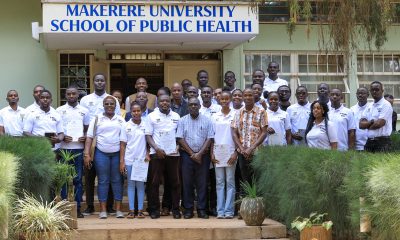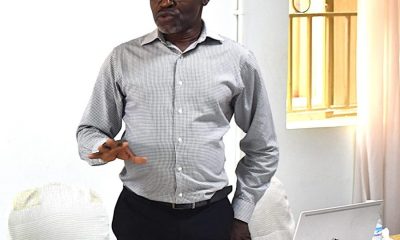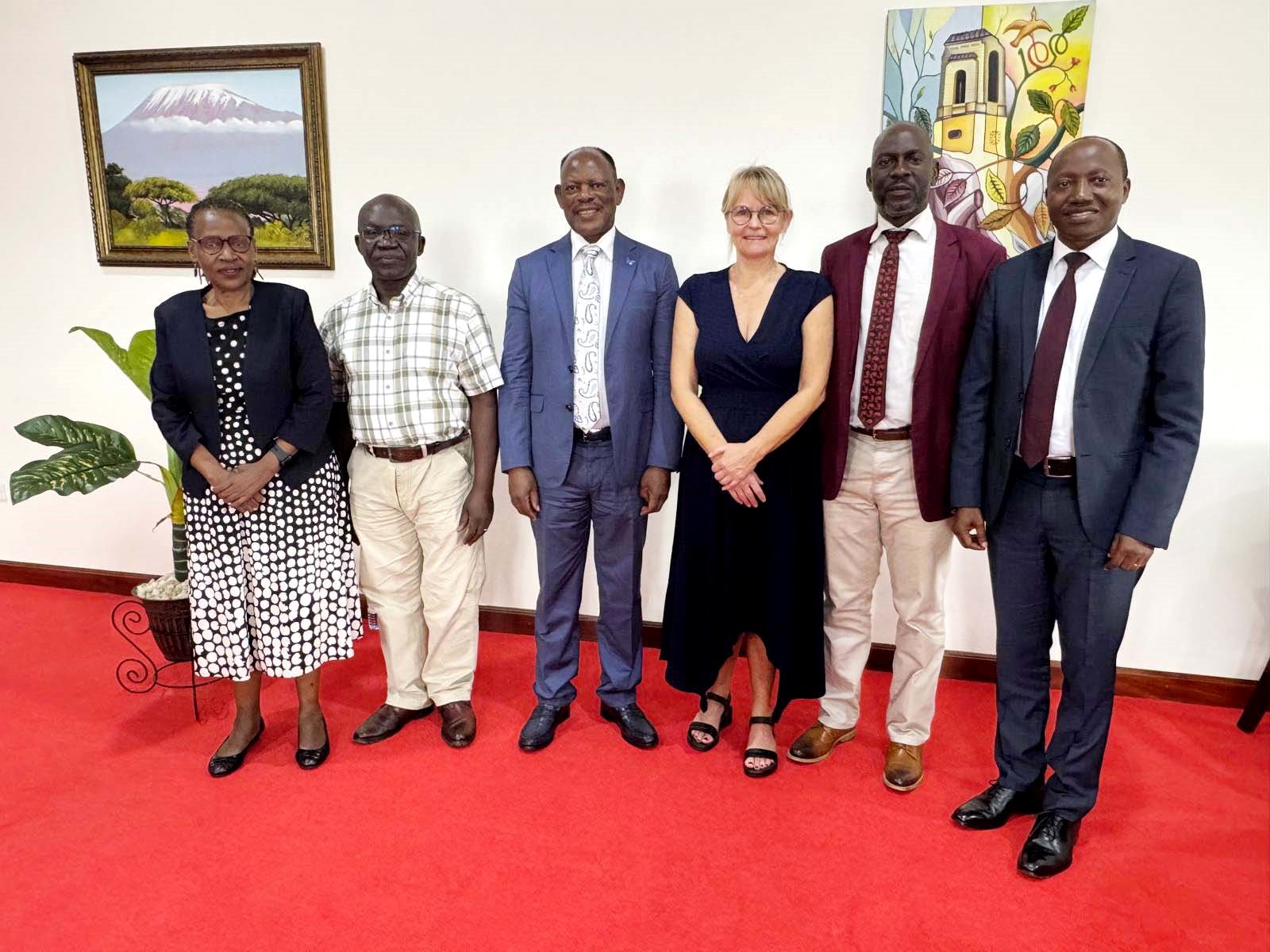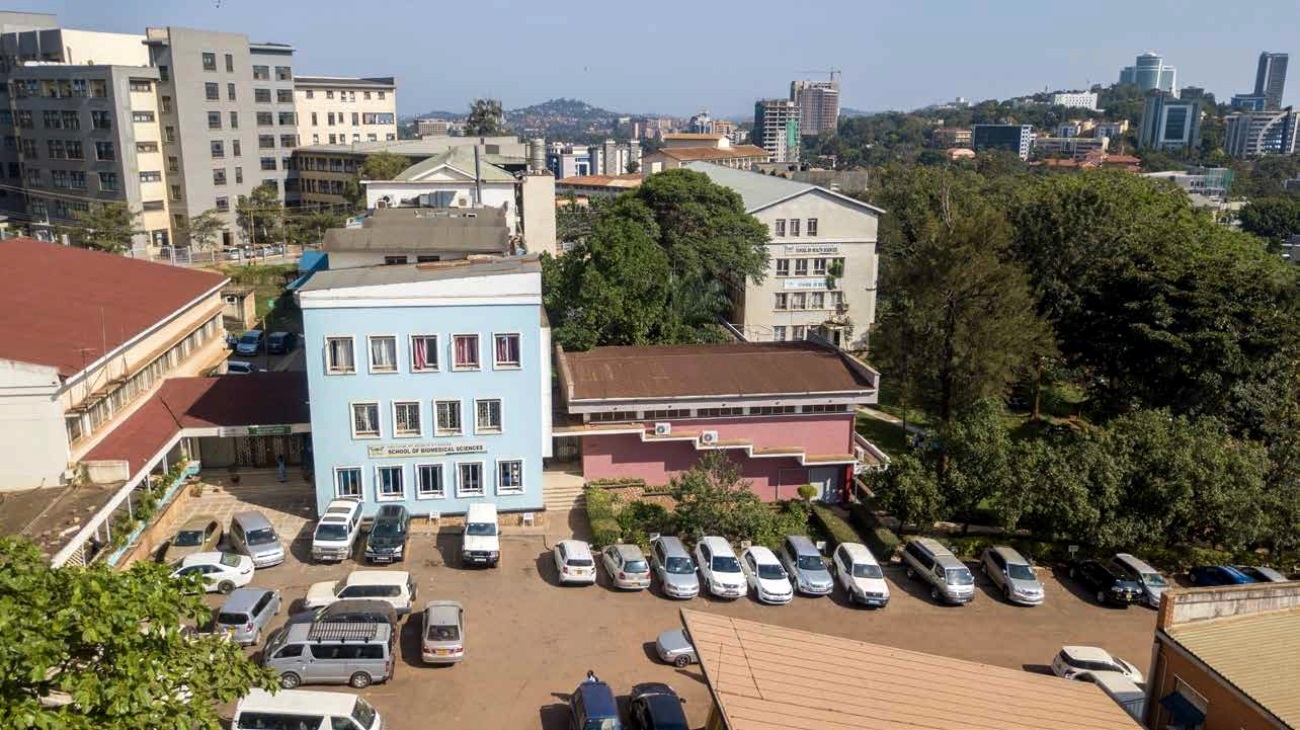By Violet Nabatanzi & Zaam Ssali
The European Union has earmarked Euros 4,658,684 approximately (Shs19.8 billion) to fully fund 15 PhD scholarships under a new international collaborative research programme that brings together seven universities across Africa and Europe, including Makerere University.
The project, dubbed HEALENAE (Health and Environment in Africa and Europe), will support doctoral research examining the complex links between environmental change, climate crises and health outcomes, with a strong focus on Africa Europe comparative perspectives.
The scholarships are open to anthropologists, social scientists and related humanities scholars who hold an internationally recognised Master’s degree and are interested in pursuing a joint PhD (dual degree).
Dual degrees across continents
Successful candidates will be enrolled at two universities one in Africa and one in Europe and will graduate with a joint or dual PhD degree. The consortium brings together Makerere University, University of Oslo, University of Cape Town, KU Leuven, University of Edinburgh, University of Nairobi, and Aarhus University.
The PhD research areas include:
- Metabolic impact: agricultural intensification and health transformations
- Climate change migration and care for the elderly.
- Toxic layering in a precarious world: environmental harms and well-being.
- Livestock and natural resource management: biodiversity and zoonotic diseases.
- Epidemics, disease and state formation in Africa.
- Climate crisis, youth migration, adaption and associated health outcomes.
- Toxicity: urban living in landscapes of extraction.
- Gendered cancer epidemics and questions about environments
- Infrastructures of toxic evidence and civic protection
- Biosecurity: food, health risks and animal disease.
- Non Communicable Diseases, environments and questions of repair.
- Urban commons: environments, infrastructures, and health.
- Youth mental health and gambling epidemics in times of environmental crisis.
- Epidemics and natural disasters as ‘business’.
- The Frontiers of Vector Borne Disease: Expertise and Response in Africa and Europe.
Dr. Godfrey Siu, the University’s Senior Lecturer and Director of the Child Health and Development Centre (CHDC); Dr. Herbert Muyinda, Senior Lecturer; Prof. Stella Neema from the Department of Sociology and Anthropology; alongside Prof. Lotte Meinert of Aarhus University will jointly supervise the students, together with other PhD supervisors from other collaborating Universities.
On Tuesday, January 27, Prof. Julius Kikooma, Director of the Directorate of Graduate Training at Makerere University, Dr Siu, Dr Muyinda, and Prof. Neema alongside Prof. Lotte paid a courtesy visit to the University’s Vice Chancellor, Prof. Barnabas Nawangwe.
Prof. Nawangwe welcomed the funding and commended the EU for its support, noting that the generous contribution reflects the confidence the EU has in Makerere University. He added that the University is working hard to address the loophole previously raised by the EU regarding the implementation of EU-funded grants. The Vice Chancellor congratulated the team and pledged the University’s full support to ensure the project’s successful implementation.
Who should apply
Speaking in an interview, Prof. Lotte said the program is particularly suited for candidates with strong grounding in anthropology, sociology and related social sciences.
Eligible candidates must have an internationally recognised Master’s degree in anthropology or related social sciences and humanities disciplines.
Lotte added that the positions are fully funded for three years, with generous support for fieldwork, coursework, conferences, writing retreats and research training.
Candidates are expected to conduct up to 12 months of fieldwork. They will be enrolled at both universities and are required to spend at least one semester at the partner institution.
A first for Uganda
According to Dr Siu, the HEALENAE model where fifteen joint PhDs are funded under one programme is the first of its kind in Uganda.
Addressing concerns about differing academic expectations across universities, Dr Siu said these are anticipated and manageable.
“While there are some differences, PhD training globally follows a similar structure. For instance, Makerere requires all PhD students to complete mandatory cross-cutting courses, including philosophy of methods, advanced research methods, and scholarly writing and communication skills,” he said.
In addition, students will attend writing retreats and specialised training schools, some of which will be hosted at Makerere University and the University of Nairobi, aimed at sharpening their research and analytical skills.
Prof. Kikooma briefed the team on the structure of the PhD program at Makerere University and provided guidance on how to align the dual program with the University’s framework.
He also pledged his support and expressed optimism that the program offers new opportunities for Makerere University to learn from and strengthen dual programs. The initiative aligns with Makerere’s vision of becoming a research-led university through intensified PhD training.
Application deadline
Interested candidates are encouraged to visit the HEALENAE website for detailed calls and application guidelines. The deadline for applications is March 1, 2026.
The application link is provided below.
https://phd.arts.au.dk/applicants/open-and-specific-calls/healenae-project-2
For further information contact: godfrey.siu@mak.ac.ug
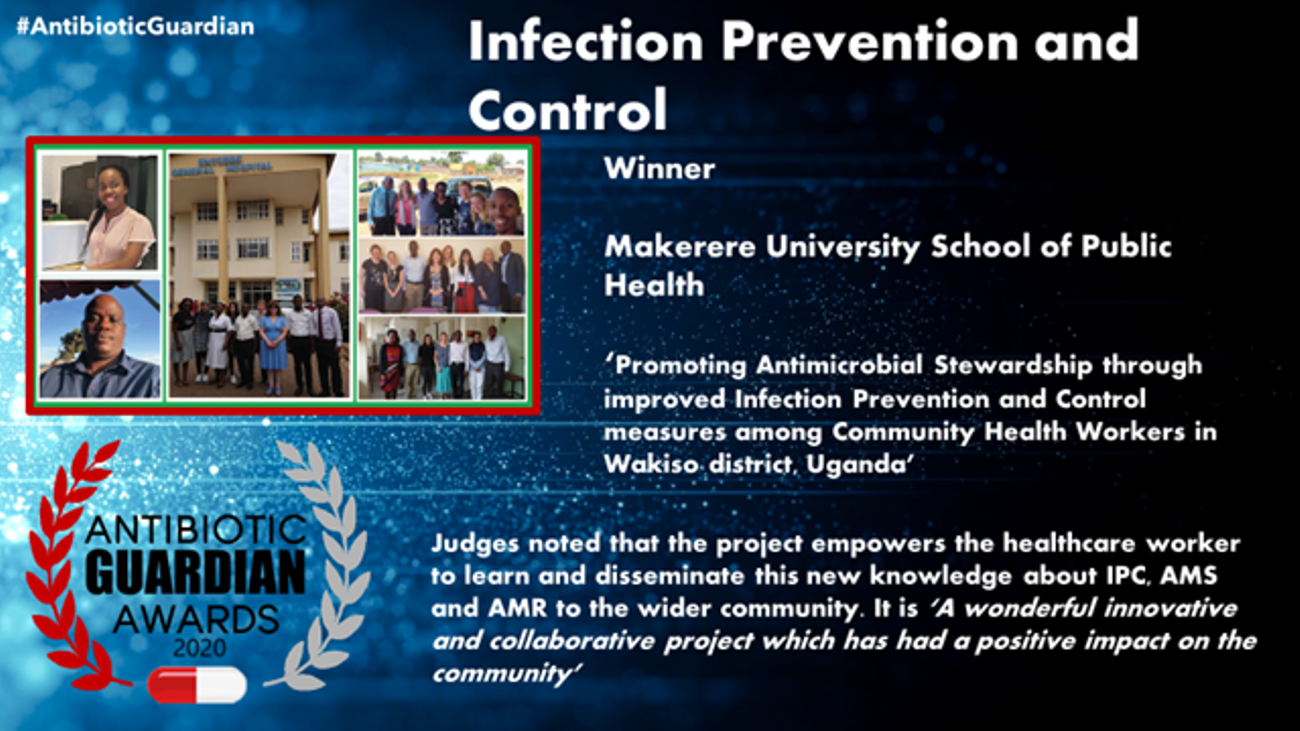

 General1 week ago
General1 week ago
 General7 days ago
General7 days ago
 General1 week ago
General1 week ago
 General2 weeks ago
General2 weeks ago
 Health2 days ago
Health2 days ago


